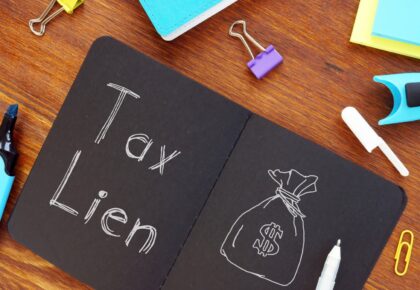
The Risks of Investing in Tax Liens and Deeds Without Proper Training: Why Education is Key
Investing in tax liens and deeds can be a lucrative venture, offering opportunities to acquire properties at a fraction of their market value. However, it is also fraught with risks that can lead to significant financial loss, legal headaches, and ongoing expenses. These risks are often compounded when investors dive in without proper training or a deep understanding of the intricacies involved. Below, we’ll explore some common mistakes that novice investors make and why investing in a comprehensive training program is essential.
Common Mistakes in Tax Lien and Deed Investing
- Underestimating Property Value and Condition
One of the most common errors is failing to accurately assess the property’s true market value or condition. Without a proper evaluation, investors may end up with a property that requires extensive repairs or is in a location with little to no resale value. This can turn a seemingly good deal into a financial burden. - Ignoring Title Issues
Properties acquired through tax liens or deeds may come with title issues, such as unpaid mortgages, liens from other creditors, or claims from heirs. These issues can complicate ownership and lead to costly legal battles. Investors who are not trained to conduct thorough title searches may find themselves facing unexpected complications that could have been avoided with proper due diligence. - Misjudging Redemption Periods
In many cases, property owners have a redemption period during which they can pay off their tax debt and reclaim their property. Investors who are unaware of this or do not understand the implications may prematurely assume ownership, only to lose the property and any money invested when the original owner redeems it. - Overlooking Ongoing Costs
Acquiring a property through a tax lien or deed is only the beginning. Investors must also consider ongoing costs such as property taxes, insurance, maintenance, and potential legal fees. Without proper training, these ongoing expenses can quickly erode any profits, turning an investment into a liability.
Why Proper Training is Essential
Investing in tax liens and deeds without proper education is akin to navigating a minefield blindfolded. A comprehensive training course can equip investors with the knowledge and tools needed to avoid common pitfalls. Through expert instruction, case studies, and real-world scenarios, aspiring investors can learn how to accurately evaluate properties, conduct thorough due diligence, and develop strategies to mitigate risks.
Additionally, training programs often provide ongoing support and resources, helping investors stay updated on changes in laws and market conditions. This can be invaluable in making informed decisions and avoiding costly mistakes.
Conclusion
While the allure of high returns in tax lien and deed investing is undeniable, the risks are equally significant for those who are unprepared. By investing in a quality training program, you can spare yourself from costly mistakes, safeguard your financial future, and navigate the complexities of this investment strategy with confidence.




